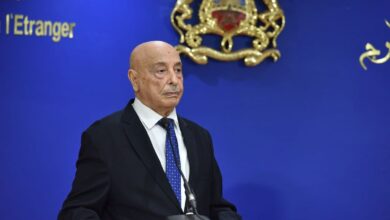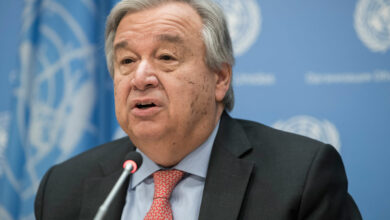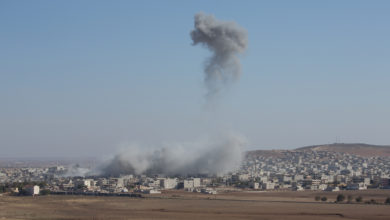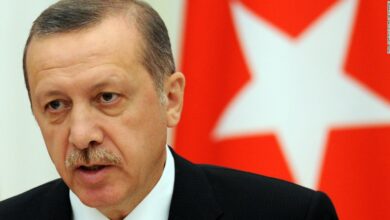Libya
Libya: AFRICOM Claims Russia Sending Military Equipment In Breach Of An Arms Embargo
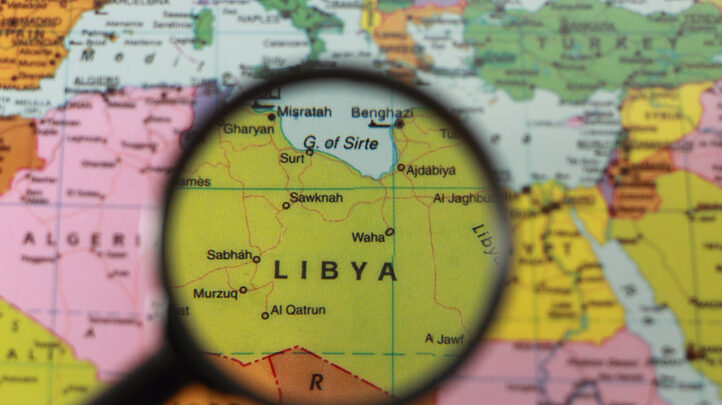
The U.S. military command for Africa (AFRICOM) on Friday said it has evidence that proves Russia is still sending more military equipment including anti-aircraft missiles to its mercenaries in Libya in breach of an arms embargo, reported CGTN Africa.
“It is assessed that the Russian Federation continues to violate UN Security Council Resolution UNSCR 1970 by actively providing military equipment and fighters to the front lines of the conflict in Libya,” US Africa Command, which oversees US military operations on the continent, said in a statement.
The Africa Command has access to some satellite pictures of Moscow’s military cargo planes that supply fighter aircraft, military armored vehicles, air defense systems, and supplies to fighters from Russian private military contractor Wagner Group.
One of the photos show Wagner forces and equipment on the front lines of the Libyan conflict in Sirte, while the other one shows the extent of equipment being supplied to Wagner with a Russian military cargo aircraft.
“Imagery reflects the broad scope of Russian involvement,” said U.S. Army Brig. Gen. Gregory Hadfield, AFRICOM deputy director of intelligence.
He added that the Russian fighters continue to look to attempt to gain a foothold in Libya.
Libyan eastern commander Khalifa Haftar’s forces have launched attacks on the Libyan capital of Tripoli and other parts of northwestern Libya since April 2019. More than 1,000 people have died in the attacks so far.
The Tripoli-based, internationally recognised Government of National Accord (GNA) headed by Fayez al-Sarraj is backed by Turkey. Haftar’s Libyan National Army (LNA) is backed by Russia, the United Arab Emirates and Egypt.
The GNA has recently achieved significant victories, pushing Haftar forces out of Tripoli and the strategic city of Tarhuna.
Earlier this month, Kremlin Spokesman Dmitry Peskov denied the Russian military’s involvement in any military activities in Libya, saying that there is no data on any organized groups of Russian nationals there.


